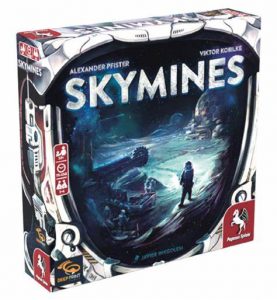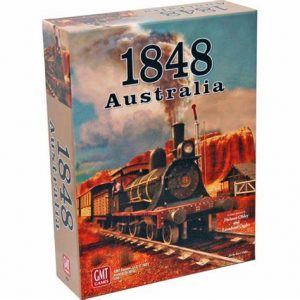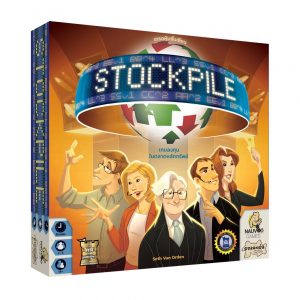
1880: China
In 1880: China, based on 1829 by Francis Tresham, the players become railway barons in the far east, experiencing China’s railway history in a game that was designed to represent related historical events as correctly as possible within its own game mechanisms. Being a classic 18xx game, the players compete to become the richest. In order to gain money, they buy and sell shares of China’s historical railway companies, build and expand their railway network, and let trains travel on the networks. Shares of successful companies are worth more, and owning them will increase the chance to win the game. In the end, the player with the highest wealth combined from cash and shares wins.
Game Mechanics:
- Auction/Bidding
- Economic
- Network Building
- Stock Holding
- Tile Placement
Game Specifications:
- 3 – 7 Players
- ~300 Minutes
- Difficulty Weight 4.29








